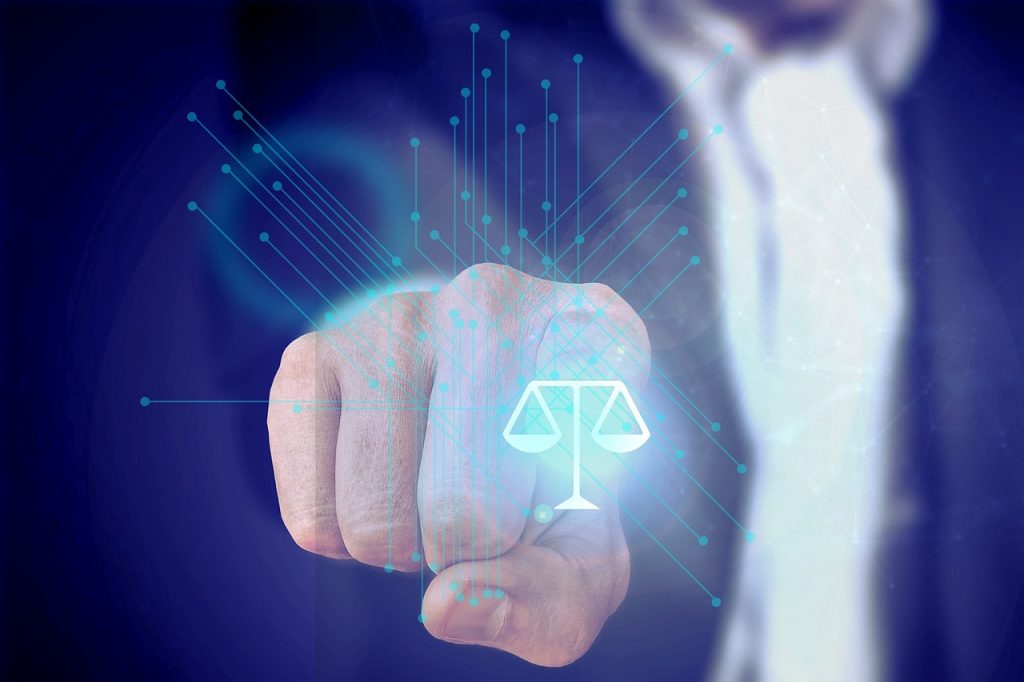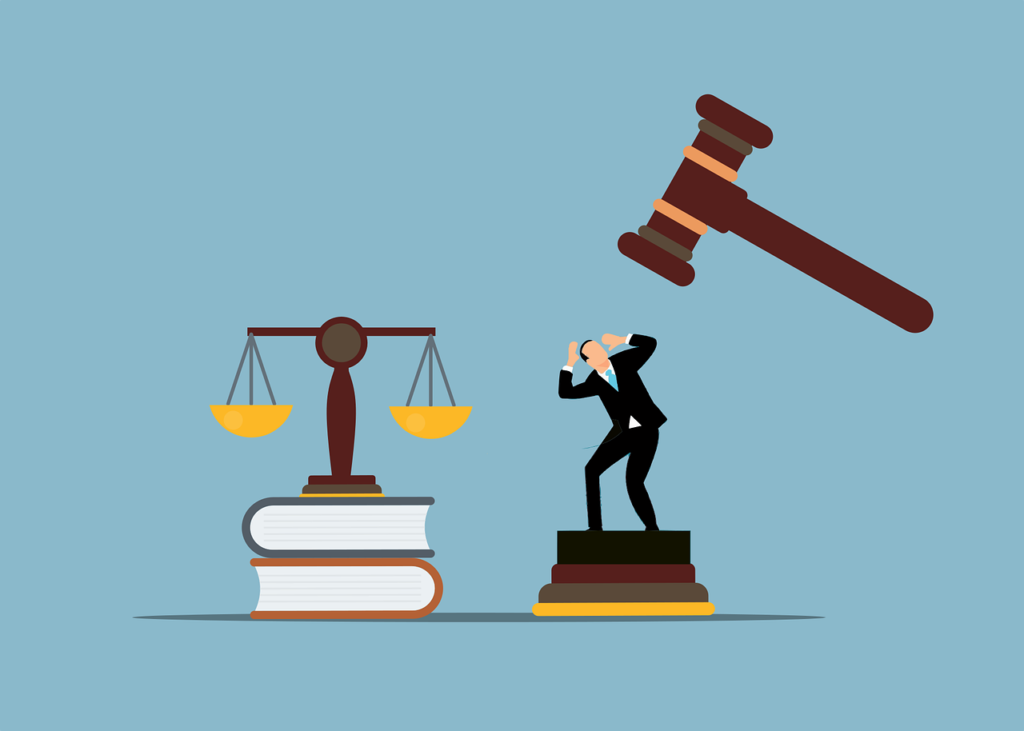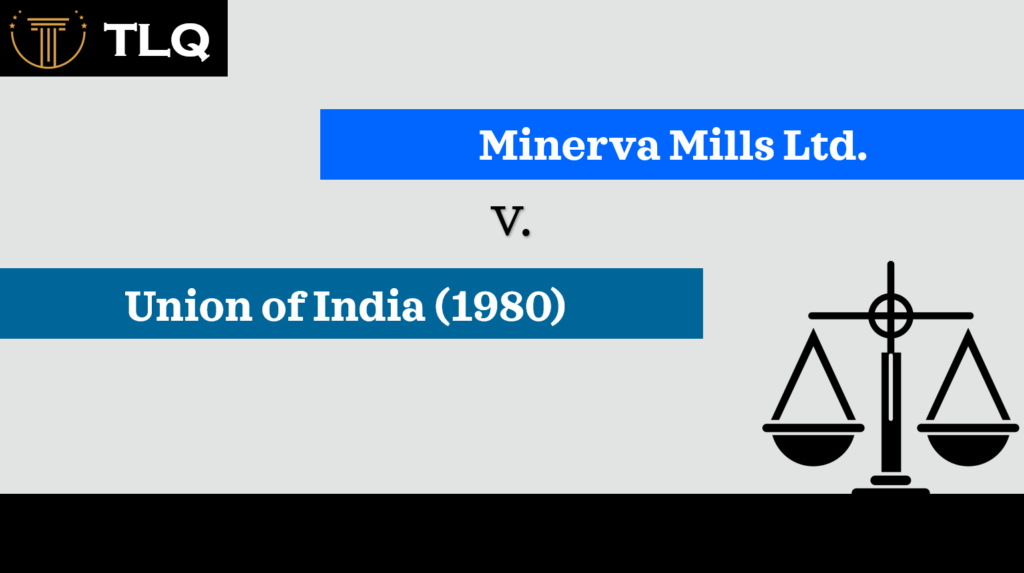Published On: 4 October, 2023
RELIGIOUS FREEDOM AND MINORITY RIGHTS
INTRODUCTION
India is a country known for its diversity encompassing religious beliefs and practices where multiple faiths coexist harmoniously. The diversity in India extends beyond religion. Includes aspects such as culture, language, and cuisine. Therefore to safeguard this diversity a lot of provisions have been formulated, thereby establishing a robust legal infrastructure aimed at upholding and preserving this cultural and religious diversity. Thomas Jefferson said constitutional freedom of religion is the most inalienable and sacred of all human rights, which implies that constitutional freedom of religion is a very crucial and sacred right that needs to be protected and respected by a democratic nation. Religious freedom in any nation builds the foundation of democracy and harmony. The rights of its minority populations. A nation can truly be considered democratic when it takes on the responsibility of upholding the rights of its citizens while ensuring protection for its minority communities.
CONCEPT OF RELIGIOUS FREEDOM
To understand the concept of religious freedom one needs to understand what is religion.
So, religion is a belief that paves the path between human beings and spirituality, it encompasses a range of practices that include a particular set of rituals, ceremonies, prayers, etc. Religion is the most comprehensive and intensive practice by human beings. Therefore providing people to follow their own set of religion is termed as religious freedom.
Religious freedom, to put it simply means that individuals have the right to freely practice and follow their chosen religion or beliefs without any outside limitations or restrictions. This includes being able to worship, follow faith traditions, and hold onto one’s convictions without interference, from others. And as a secular nation, every citizen should have the right to follow their religion. In India, a country where people with numerous different religions and traditions live their religious freedom is supposed to be protected. Therefore under the constitution of India people’s rights are protected under a lot of articles. According to the fundamental rights, of our constitution, every citizen has the opportunity to practice and spread their religion peacefully. But if any activity occurs that violates these articles then it is the sole duty of the Indian government to take strict actions against it. The right to freedom of religion is well described in Articles 25, 26, 27, and 28 of the Indian constitution. These articles state that-
Article 25-freedom of conscience and free profession, practice and propagation of religion peacefully, subject to morality, health, and public order
Article 26-freedom to manage religious affairs
Article 27– Freedom from paying taxes to promote any particular religion.
Article 28-freedom as to attendance at religious instruction or religious worship in certain educational institutions.
IS RELIGIOUS FREEDOM DELIVERED TO SOCIETY?
India is home to a lot of religions like Hinduism, Islam, Christianity, Sikhism, Jainism, Buddhism, etc. According to the 2011 census, 79.8% of the Indian population follows Hinduism, 14.2% practices Islam, 2.3% follows Christianity, 1.7% adheres to Sikhism, 0.7% follows Buddhism and 0.4% adheres to Jainism. India also consists of Parsis and a lot of other religions. In India, people are very sensitive and vocal at the same time about their religion. It is believed that people in this country have strong faith regarding their religion and this religion adds reason and meaning to their lives. But is everyone’s rights protected? If we look at our constitution plenty of rights are mentioned that guarantee religious freedom, but instead of this a lot of riots and violent protests take place concerning the right to religion. For example –
- Babri masjid demolition in 1992, the Babri masjid in Ayodhya was demolished by a Hindu nationalist mob. As a consequence, severe mob protests broke out in the entire country. Both the communities fought against each other to protect their religion but it only led to destruction and damages.
- Delhi rights that occurred due to the CAA bill in 2020, a bill was passed by the Indian government to give citizenship to every religion except the Muslim community, and protesters raised their concerns regarding it.
- Hijab protest against ban on wearing Hijab inside of college premises. Karnataka High Court restricted Muslim students from wearing hijab in educational institutions stating that it is not an essential religious practice in Islam.
Important Case Laws (references)
- The commissioner Hindu Religious Endowment Madaras v. Shri Laxmidhar Tirtha Swamiyar of Shirur Mutt
- Rev. Stanislaus v. State of Madhya Pradesh, (1977)
- Indian Young Lawyers Association & Ors. V. State of Kerela & ors
MINORITY COMMUNITY IN INDIA
Minority communities are non-dominant groups in society, in terms of religion or linguistics. Minority communities are not just they are a set of people who are less in number and distinct and unique from the majority. According to the Census of 2011, minorities make up around 19.3% of the overall population of the nation. Being the non-dominant groups they have mostly felt controlled and suppressed by the majority population. We have also come across instances where prejudice and discrimination against minorities have come to notice. Minorities even suffer a lot of problematic situations such as their protection, problems in lack of representation in politics, etc. This bitterness against each other’s community has given rise to communal tensions and riots. It is said that the majority always wins therefore this continuous win and dominance has added the need to safeguard their rights.
CONSTITUTIONAL FRAMEWORK FOR MINORITIES
India is a place with numerous cultural, religious, and linguistic diversities. There are almost 8 different religions and 22 official languages with 800 dialects. And as stated 19.3% population are Minorities. Therefore Minority rights need to be protected from being controlled by the majority.
Earlier in 1948 the constitutional drafting committee formulated various rights under “Special provision related to minorities” in part XIV of the constitution, mentioned under articles 292-301. But later the provision was modified and no such special rights except for educational and cultural rights were included. The adopted constitution does not include any reservation of seats in public service and legislative bodies.
Minority rights in India include the right to equality, the right to education, the right to protect their culture and scriptures, and many more. To protect people from being discriminated against on grounds of religion, language, race, or culture. Articles that aim to guarantee the protection of minority rights under the constitution of India are-
Article 14
– Equality before the law, the state shall not deny equality before the law to any citizen and provide equal protection of the law by prohibiting discrimination on grounds of religion, race, caste, sex, or birthplace, within the territory of India.
Article 29
– Protects the interest of minorities
- I) Citizen residing in the territory of India is provided with the right to conserve their language, script, culture, or tradition of their own
- II) No citizen shall be denied admission into any state-aided educational institutions on grounds of religion, caste, race, place of birth, etc.
Article 30
– Guarantees rights of minorities to establish and administer educational institutions
Important Case Laws (References)
- State of Madras v. Champakam Dorairajan
- Ravneet Kaur v. The Christian Medical College
- DAV College, Bathinda v. State of Punjab
- In Azeez Basha v. Union of India (Aligarh Muslim University Case)
CONCLUSION
India has come a long way in terms of development and growth. However, the topic of religious freedom and minority rights remains sensitive and vulnerable in all aspects. Despite, the Indian constitution provides multiple ways to protect these rights, there are still a lot of disputes that lead to communal tensions. For instance, as India is considered a democratic, secular, and republic India is bound to protect its citizens living inside its territory without fail. Therefore to sum it up it can be said that India protects the rights of its citizens irrespective of his/her belonging community.





GOOD